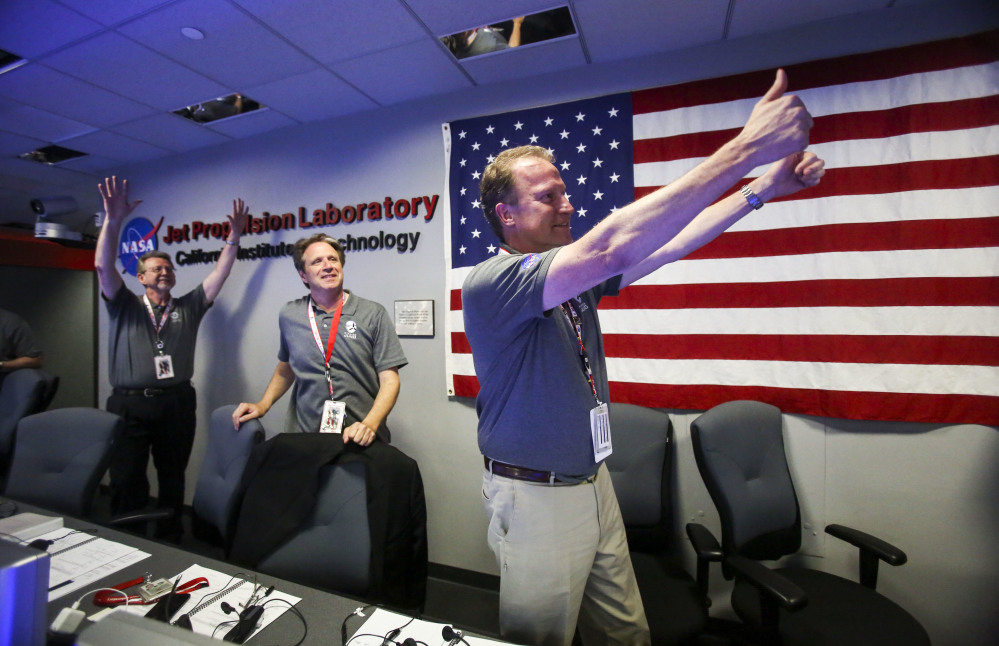PARIS — Intelligence failures, in France and abroad, led to the failure to foil attacks in Paris last year by Islamic radicals that killed 147 people, while rival units of security forces, trapped by rules,made the situation worse, the head of an investigating commission of lawmakers concluded Tuesday.
Cases in point: The only surviving attacker from the Nov. 13 attacks on a Paris stadium, music hall and restaurants, Saleh Abdeslam, should not have been able to escape to Belgium, where he was on the radar. And the man thought to have played a top role in the attacks, Abdelhamid Abaaoud, was a known radical who slipped across European borders, said Georges Fenech, president of the commission.
The two brothers who massacred the newsroom of satirical newspaper Charlie Hebdo in January 2015 and the man who took hostages and killed at a kosher grocery also were known to intelligence officials.
“Our intelligence services have failed,” Fenech said at a news conference called to present proposals growing out of the nearly six-month investigation.
“All, I say all of them, the attackers of the Bataclan (music hall), those of Charlie Hebdo, those of the Hyper-Kosher (store) … and others were all on the radar of our services.”
Going further, he said, “We could have avoided the attack of the Bataclan if there had not been these failures.”
The commission unraveled the trail of each radical in its mission to decipher the means at France’s disposal to fight violent extremism, and concluded that the country, and other European nations, notably Belgium, came up short.
It made 40 proposals, notably calling for a national counterterrorism agency like that created in the U.S. after the 9/11 attacks. Others ranged from ways to deal more effectively with victims to preventing those convicted of terror-linked crimes from receiving a reduction of their sentences and creating a special unit within Europol, the European police, working non-stop to record “hits” of potential extremists from member states.
The commission, which took testimony from 190 people and traveled to a half-dozen countries, also proposed seeking a more secure Turkish-Syrian border. They also proposed more Europol agents in Greece, to better manage the migrant flux.
The commission visited the U.S. National Counterterrorism Center, and “we are convinced of the need to create the equivalent of (this) and what the British also do with MI5,” Fenech said.
Investigators found that intelligence was not the only failure. Rivalry and rules stymied various police and military units who arrived at the scene of the November Paris attacks.
At the Bataclan concert hall, where deaths were the highest, the police unit that arrived first asked soldiers from Operation Sentinel to lend them their assault rifles, and the soldiers refused. The soldiers were under orders not to part with their weapons, though they had no orders to shoot.
Send questions/comments to the editors.



Success. Please wait for the page to reload. If the page does not reload within 5 seconds, please refresh the page.
Enter your email and password to access comments.
Hi, to comment on stories you must . This profile is in addition to your subscription and website login.
Already have a commenting profile? .
Invalid username/password.
Please check your email to confirm and complete your registration.
Only subscribers are eligible to post comments. Please subscribe or login first for digital access. Here’s why.
Use the form below to reset your password. When you've submitted your account email, we will send an email with a reset code.